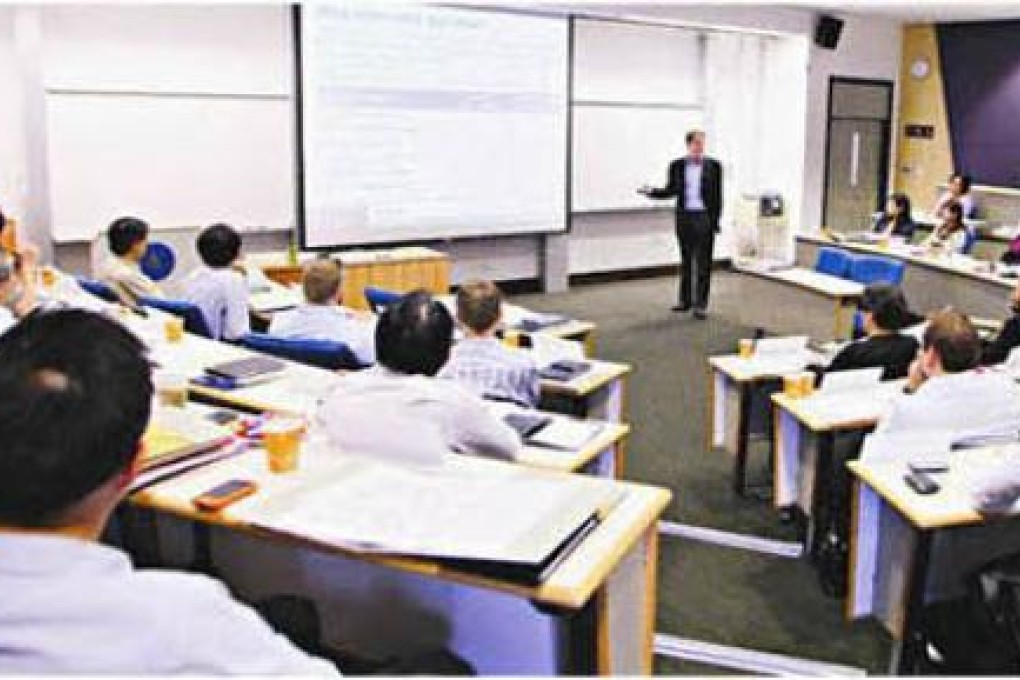Why Are There So Many Different Kinds of Mooncakes?
In every sector and type of business, today's executives face a dual challenge. Since change is a constant, they must keep adapting to capitalise on new ideas and incorporate the latest thinking. But at the same time, they must become "all-rounders", able to understand and address the wider range of finance, marketing, strategy and leadership issues that come up in any organisation.

In every sector and type of business, today's executives face a dual challenge. Since change is a constant, they must keep adapting to capitalise on new ideas and incorporate the latest thinking. But at the same time, they must become "all-rounders", able to understand and address the wider range of finance, marketing, strategy and leadership issues that come up in any organisation.
These needs explain the steadily increasing demand for short executive education courses in Hong Kong. Specially designed to sharpen competencies and broaden perspectives, these programmes generally pack a wealth of information and insights into an intense two days of learning. And to provide value for money and "what students want", course content leans towards practice, not theory, while classes involve interactive discussions and group work.
"In a business environment which is so dynamic and competitive, it is essential to keep up to date," says Della Wong, associate director of HKUST Business School Executive Education at the Hong Kong University of Science and Technology (HKUST). "People are busy, but working every day, they don't always learn what is happening outside [their immediate area] or have the broader knowledge needed to move up and run a successful company."
To remedy this, the school now offers 10 courses with open enrolment. Available at various times throughout the year, the basic topics range from leadership and negotiation to wealth management, marketing, strategy and finance.
Specific programmes deal, for example, with competitive positioning, corporate innovation, or managerial decision-making. And collaboration involving faculty members, employers, and student feedback makes sure materials and case studies are directly relevant to what goes on in today's workplace.
"The teachers are mainly HKUST faculty, with extensive experience leading our MBA and EMBA programmes," Wong says. "Class size is limited to about 40, and we find a mix of short cases, lectures, role-plays and video clips creates better learning momentum."